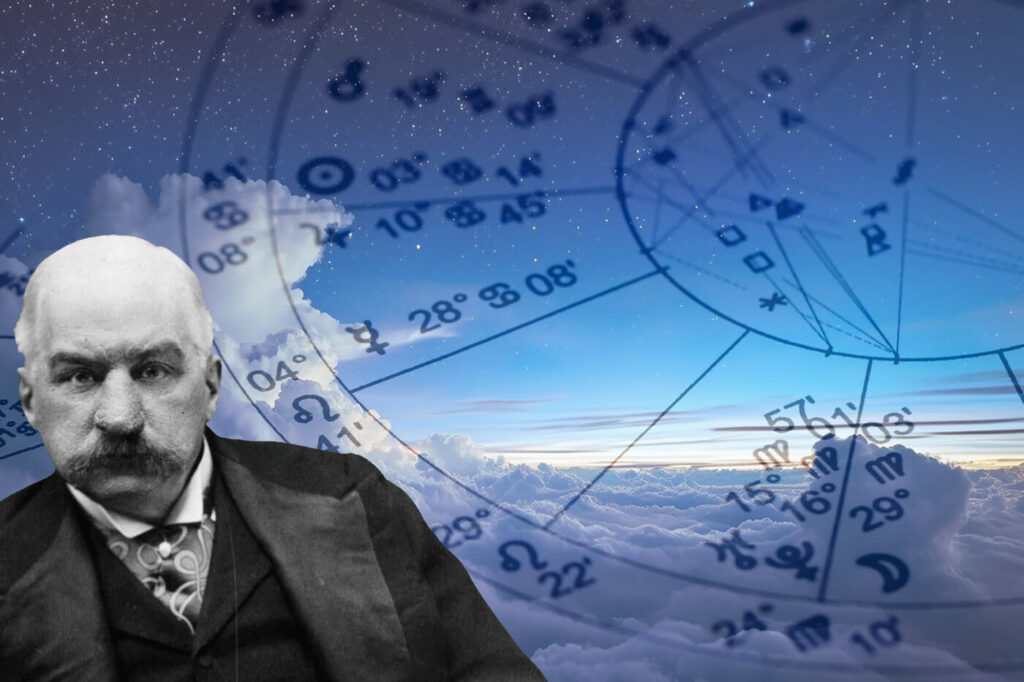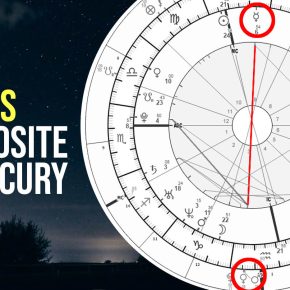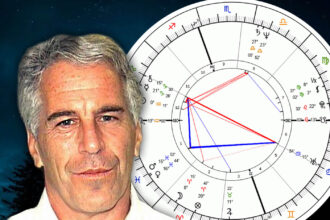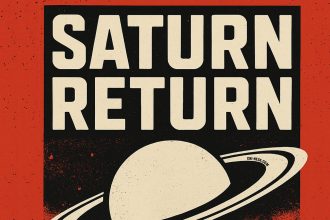“Millionaires don’t use astrology. Billionaires do.”
This quote, often attributed to financier J.P. Morgan, has echoed for more than a century. Whether or not he really said it, the idea holds weight: some of the most powerful people on the planet quietly keep astrologers close at hand.
But why? What does astrology give to someone who already has influence, money, and resources most of us can only imagine?
Astrology As Strategy
For billionaires, astrology isn’t about flipping through a horoscope in a magazine. It’s about strategy and timing.
A skilled astrologer can map cycles with uncanny precision: Jupiter or Saturn marking expansion and contraction, eclipses signaling sudden turning points, or progressions showing how a company or a person is evolving beneath the surface.
For someone making billion-dollar decisions, these aren’t abstract ideas. They’re clues about when to move, when to wait, and when to pivot. Astrology doesn’t erase risk, but it can frame the playing field in a way that even the sharpest financial analyst can’t.
Beyond People: Astrology for Companies and Nations
One of astrology’s most overlooked strengths is that it isn’t limited to people. Anything with a clear starting point has a chart.
- A corporation has a chart set for the moment it was incorporated.
- A nation has one for the date of its founding or declaration of independence.
- Even a product launch, IPO, or major event can be read from the time it officially begins.
Astrologers who work with businesses (and yes, some do this full-time) interpret these charts the same way they would a person’s. A Saturn transit to a company’s Sun might point to restructuring, new leadership, or a cycle of cutbacks. A Jupiter return often coincides with expansion into new markets, surges in visibility, or booming profits. And if Uranus squares a company’s Moon, sudden losses, upheavals, or unexpected public reactions can shake things loose overnight.
On a larger scale, this field is known as mundane astrology, the branch that studies nations, economies, and collective events. It has been used for centuries to anticipate wars, political shifts, financial collapses, and cultural movements.
For billionaires and global corporations, astrology isn’t just mystical window-dressing. It’s another kind of forecasting, one that doesn’t replace economic models or political analysis but adds a symbolic, time-tested lens for spotting cycles of change.
Famous Examples
History and pop culture are sprinkled with people who admit to using astrology or at least dropping hints about it.
- J.P. Morgan, as the story goes, timed major financial moves with his astrologer’s help.
- Dua Lipa once told an interviewer she doesn’t have a therapist but does have an astrologer.
- Lana Del Rey famously corrected her Sun sign from Gemini to Cancer after consulting astrologers about her exact birth time.
And behind the scenes, plenty of executives, entertainers, singer, actors, and investors consult the stars while never admitting it publicly. In industries where reputation is everything, astrology stays in the shadows even as it influences huge decisions.
Why They Keep Turning to It
For the world’s richest, astrology serves several purposes at once:
- It gives a sense of control in areas where control is impossible.
- It highlights the bigger cycles at play, reminding them when to push, when to wait, and when to pivot.
- It frames decisions in terms of timing, helping billionaires choose the right moment to launch, invest, or retreat.
Sure, astrology doesn’t guarantee success. But for those already skilled at making bold moves, it offers a deeper map of the terrain. In the high-stakes world of billionaires, even one small edge can mean billions.












